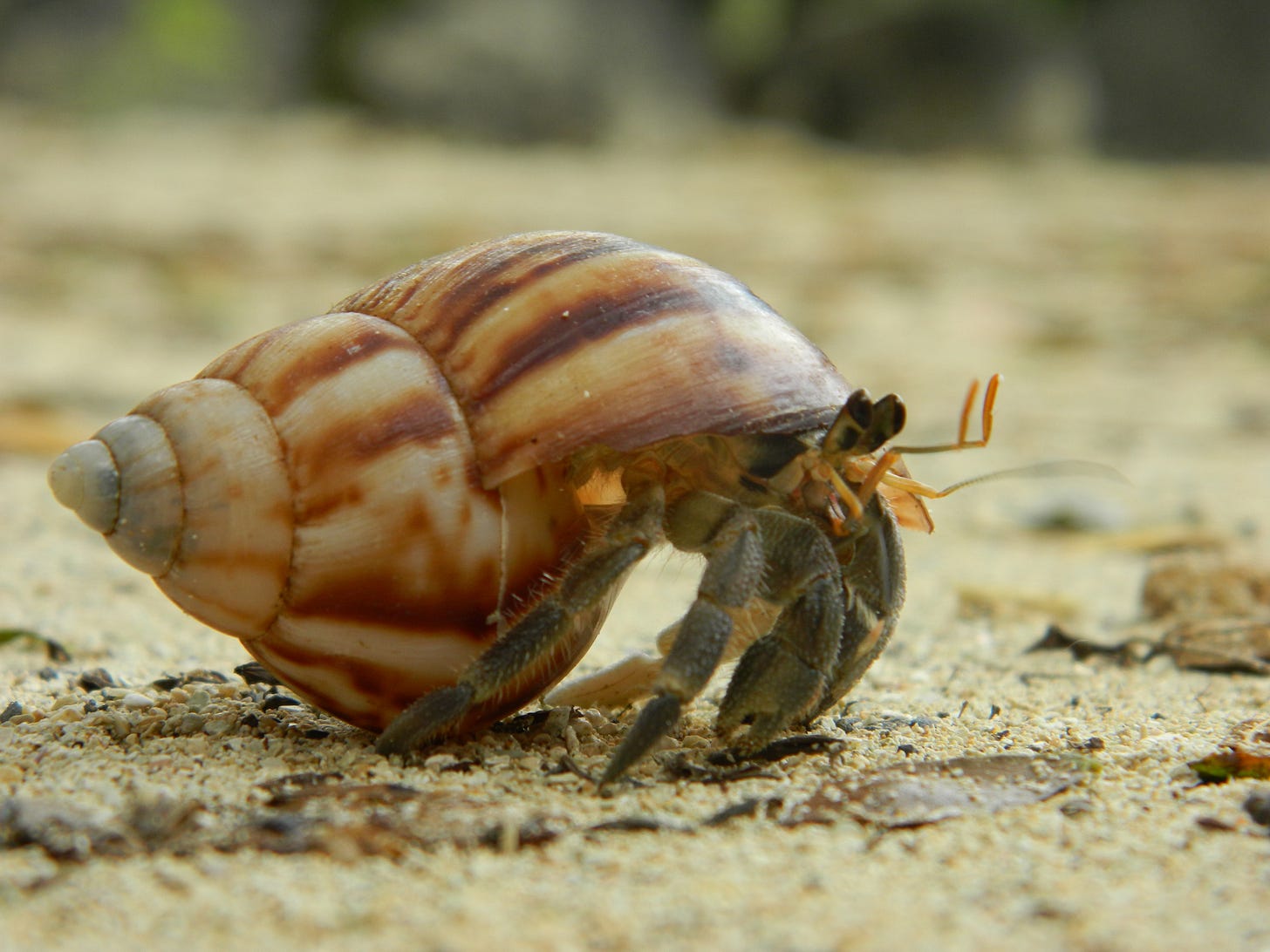Kubernetes: node-shell
Ep #2: Explore the functionality of node-shell, a pivotal tool for troubleshooting node resources in Kubernetes clusters.
Photo by Anna Mcphee on Unsplash
While working with Kubernetes, it might happens that you would like to SSH into a node to investigate the underlying infrastructure. For example, you might want to look into the running processes or read from the local file system.
SSH access to the underlying Kubernetes nodes is not always available when Kubernetes is managed by a cloud provider. Alternatively if Kubernetes nodes are emulated by Docker containers (eg. when using Kind or K3d on your laptop) you might use the command docker exec to open a shell into the Kubernetes nodes.
There is a better alternative, and it works for either of those cases.
Discover node-shell, a plugin for kubectl that allow to run a privileged pod on Kubernetes to access the node resources.
How to install
Node-shell can be installed using krew a plugin manager for kubectl command line tool.
Install
kubectlfrom here if not available alreadyInstall
krewfrom here if not available alreadyInstall node-shell
kubectl krew index add kvaps https://github.com/kvaps/krew-index
kubectl krew install kvaps/node-shell
Usage
Once node-shell is installed, you can open a shell to any node of your cluster with the following command:
kubectl node-shell <node_name>
If you, like me, prefer to open a shell to any Kubernetes node, you can use instead:
NODE_NAME=$(kubectl get nodes -o jsonpath='{.items[*].metadata.name}' | tr ' ' '\n' | grep "worker" | head -n 1)
kubectl node-shell $NODE_NAME
Under the hood
Node-shell is nothing more than a bash script called kubectl-node_shell stored under ~/.krew/bin.
Here the file name of this script is relevant, since kubectl assume that all the script named kubectl-<plugin> with no file extension are kubectl plugins. The folder, where this script is located, instead is not relevant as long as that folder is added to the PATH environment variable in your Linux/MacOs laptop.
Under the hood, node-shell build a K8s manifest similar to the one provide below. Here some details has been omitted for brevity.
apiVersion: v1
kind: Pod
spec:
containers:
- command:
- nsenter
- --target
- "1"
- --mount
- --uts
- --ipc
- --net
- --pid
- --
- bash
- -l
image: docker.io/library/alpine
imagePullPolicy: Always
name: nsenter
resources:
limits:
cpu: 100m
memory: 256Mi
requests:
cpu: 100m
memory: 256Mi
securityContext:
privileged: true
A couple of things to notice:
nsentercommand documentation is available at doc.nsentertarget the PID1(from the param--target "1"), enter some of available namespaces (params:--mount --uts --ipc --net --pid) of that process, and run the scriptbash -ldocker.io/library/alpineis the container image used. You can change this image in the node-shell script if you have a better alternative, as long as that image provide thebashshell used by the commandnsenterin order to enter those namespaces, it needs to run in
privilegedmode by chaing thesecurityContext.privilegedfield.
Knowing what's happening internally in this script and what the Kubernetes manifest generate looks like, could allow you to create more sophisticated manifest that use a custom container image or enter other container namespaces, or use a different shell.
Personal note
I have used node-shell many times to investigate issues with the Kubernetes integration for Elastic.
The Kubernetes integration has a data stream called container_logs, that is used by Elastic-agent to ingest container logs into Elasticsearch.
To achieve that, elastic-agent mounts the path /var/log from the node file system to its container file system. Then it tails the files under /var/log/containers/*.log that are created by Kubernetes with the /dev/stdout (standard output) of each container.
If you want to read the raw logs created by Kubernetes, before they are ingested by Elastic agent, you can use node-shell to open a shell into a Kubernetes node and investigate its file system.
Want to connect?
👉 Follow me on LinkedIn and Twitter.
If you need 1-1 mentoring sessions, feel free to check my Mentorcruise profile.



